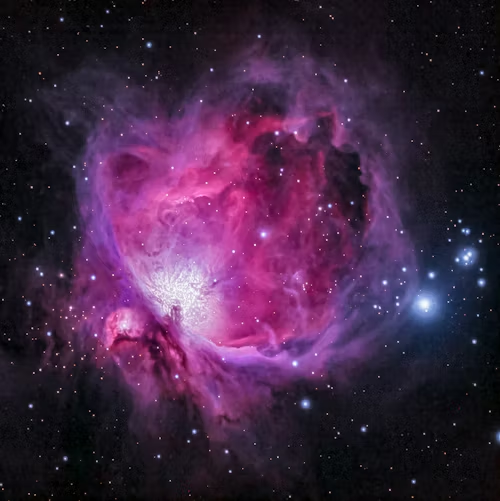
The Imperial College of London said that the Search For Hidden Particles (Ship) experiment, resulting from an international collaboration involving 54 institutions from 18 countries, will be hosted in a new scientific facility specifically selected by CERN, which will be constructed starting in 2027.
The experiment aims at searching for “hidden sector particles”, which weakly interact with the normal matter. Although they are very difficult to detect, their investigation would help solve some issues related to the Standard Model: the physical theory that describes the fundamental interactions and classifies elementary particles known so far. The experiment will exploit high-intensity beams of CERN Super Proton Synchrotron (Sps). The basic idea is to promote the formation of a wide range of particles, the decay or interaction of which may originate the hidden particles investigated by the project.
Andrey Golutvin, professor at the Department of Physics of the Imperial College, who will be the project leader, explained that: “The approval of Ship marks a new era in the search for hidden sector particles. We have the prospect of discovering particles that have never been seen before.”
Claudia Ahdida, CERN scientist, added that the experiment will be built making use of some existing infrastructures, with the purpose of implementing an even more powerful experiment than the Large Hadron Collider (LHC), the largest particle accelerator ever built so far. The new instrument should be a thousand times more likely to increase interactions among particles than the LHC.
Further details about the facility that will host the experiment are available here.

